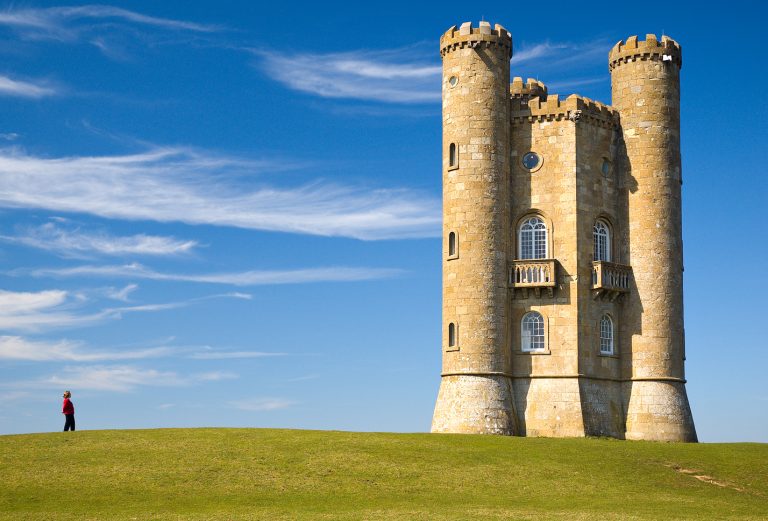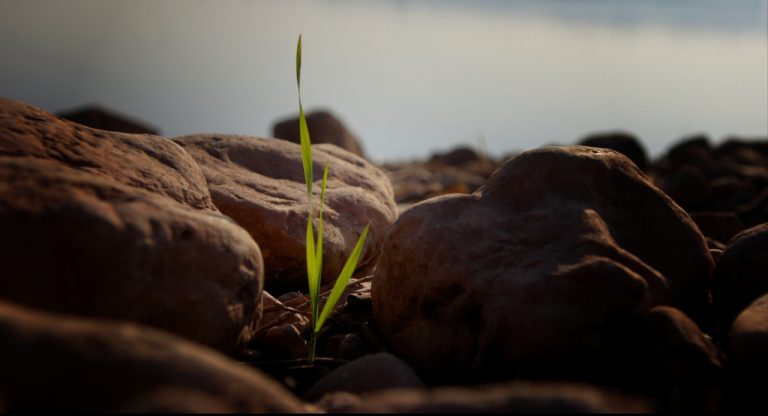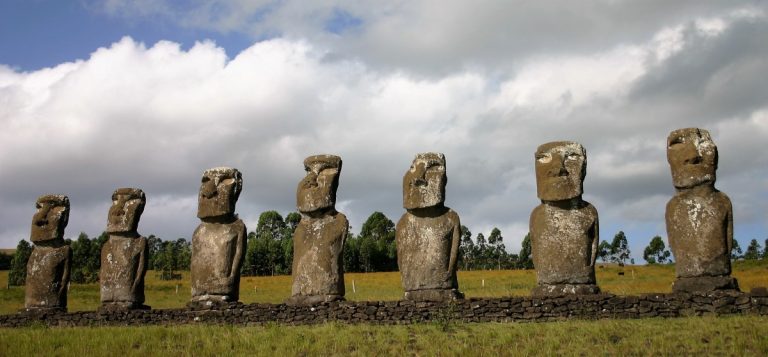Marriage of Female Heirs
36 The heads of the fathers’ houses of the clan of the people of Gilead the son of Machir, son of Manasseh, from the clans of the people of Joseph, came near and spoke before Moses and before the chiefs, the heads of the fathers’ houses of the people of Israel. They said, “The LORD commanded my lord to give the land for inheritance by lot to the people of Israel, and my lord was commanded by the LORD to give the inheritance of Zelophehad our brother to his daughters. But if they are married to any of the sons of the other tribes of the people of Israel, then their inheritance will be taken from the inheritance of our fathers and added to the inheritance of the tribe into which they marry. So it will be taken away from the lot of our inheritance. And when the jubilee of the people of Israel comes, then their inheritance will be added to the inheritance of the tribe into which they marry, and their inheritance will be taken from the inheritance of the tribe of our fathers.”
And Moses commanded the people of Israel according to the word of the LORD, saying, “The tribe of the people of Joseph is right. This is what the LORD commands concerning the daughters of Zelophehad: ‘Let them marry whom they think best, only they shall marry within the clan of the tribe of their father. The inheritance of the people of Israel shall not be transferred from one tribe to another, for every one of the people of Israel shall hold on to the inheritance of the tribe of his fathers. And every daughter who possesses an inheritance in any tribe of the people of Israel shall be wife to one of the clan of the tribe of her father, so that every one of the people of Israel may possess the inheritance of his fathers. So no inheritance shall be transferred from one tribe to another, for each of the tribes of the people of Israel shall hold on to its own inheritance.’”
The daughters of Zelophehad did as the LORD commanded Moses, for Mahlah, Tirzah, Hoglah, Milcah, and Noah, the daughters of Zelophehad, were married to sons of their father’s brothers. They were married into the clans of the people of Manasseh the son of Joseph, and their inheritance remained in the tribe of their father’s clan.
These are the commandments and the rules that the LORD commanded through Moses to the people of Israel in the plains of Moab by the Jordan at Jericho.
(ESV)
Numbers 36 Commentary
by Brad Boyles
Unfortunately, the evangelical church today has become a place where people feel they cannot seek truth through difficult questions. Many churches discourage seekers from “questioning God,” and while questioning Him without faith can be sinful, we must be careful not to throw the baby out with the bathwater. Genuinely questioning with a heart to know and follow God should be encouraged, no matter how controversial or trivial the question. We know this because we know God answers those who seek with a genuine heart (Jer 29:13).
Here in Numbers 36, there are questions that arise from previous decisions handed down from leadership. The questioning is not done defiantly, but with a heart to do what is right in the sight of God.
The issue at hand stems from commands handed down back in Numbers 27. God had given permission for fathers to pass their inheritance down to their daughters if they had no sons. This was good, however, it created a problem that now is being brought to Moses’ attention from the heads of the families of the clan of Gilead.
Essentially, their problem is that if a daughter marries a man from a different tribe, and her father’s inheritance is passed down to her, that property will be permanently transferred to him. During the Year of Jubilee, that property would be finalized to the husband’s tribe and if this pattern continued, it was possible that the original tribe would have their land and property completely wiped out through marriage. Again, the questioning happening here was not out of defiance. The heart of the question was concerned with maintaining the tribes and the land that God had commanded.
God, through Moses, offers a solution. The woman would simply marry men within their own tribe, or, if they chose to marry outside their tribe, they would forfeit the inheritance. In this way, the property would always stay with the tribe to which God had given it. This solution highlights a process by which the people would learn and grow. Their questions and concerns were taken to Moses who took them to God and in time, answers were revealed. The same is true today. We take our requests to Jesus and God’s Word and through the Holy Spirit, truth is revealed.
As I look back at the book of Numbers, there are a several points that stick out.
- The sinful nature of humans is evident, especially when operating without faith or humility.
- God is holy and just; His mercy is unending.
- Israel needed a mediator in Moses and we have a greater Mediator today in Jesus Christ.
Praise God for the greater covenant we have in Jesus.




